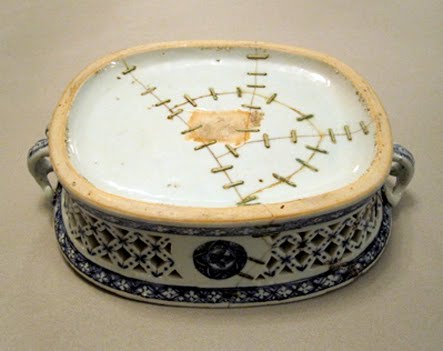“Kintsugi” means “golden joinery”. It’s the japanese way of repairing broken pottery by mending the areas of breakage with golden joins. Kintsugi is not only an activity, but also a way of life and a mindset.
Breaking things are an essential part of the lifecycle of objects. My passion is repairing things which break in every day life. Plastic is an essential part of our modern day lives, but throwing plastic into the trash or waters is polluting our world. I see local-recycling and local-manufacturing as the solution to save our planet and live the Kintsugi lifestyle.
Local-recycling means for me first of all repairing existing objects to increase their lifetime.
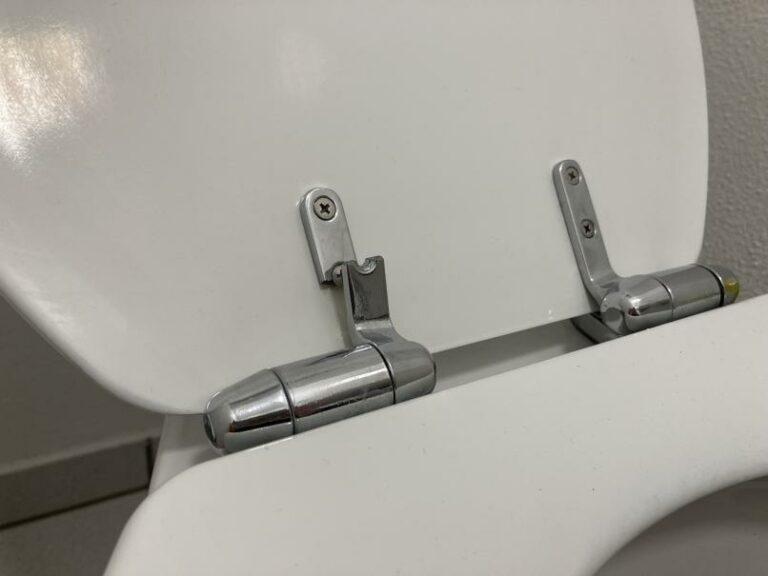
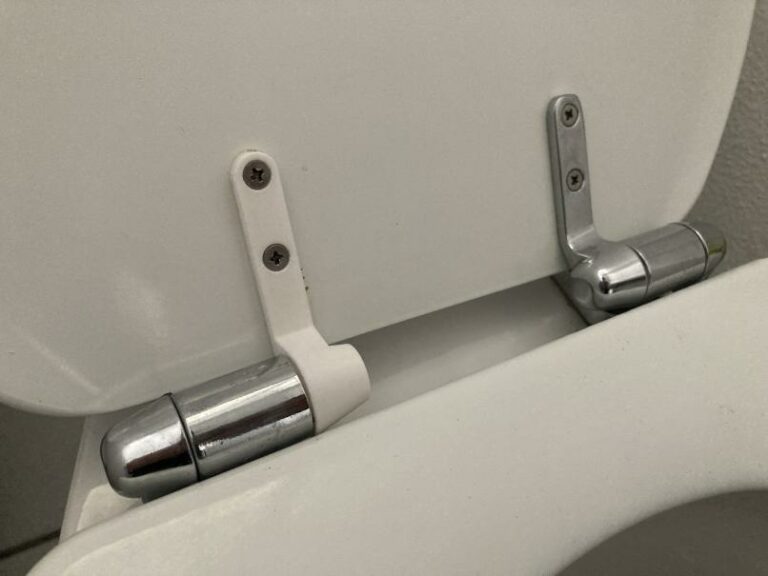
Look at this toilet seat. The connecting part of my toilet seat broke. Besides that connector, the seat was still fully functional. Often we would just throw it away and buy a new one. But actually you can repair this. Here I repaired this part, and it looks so beautiful.
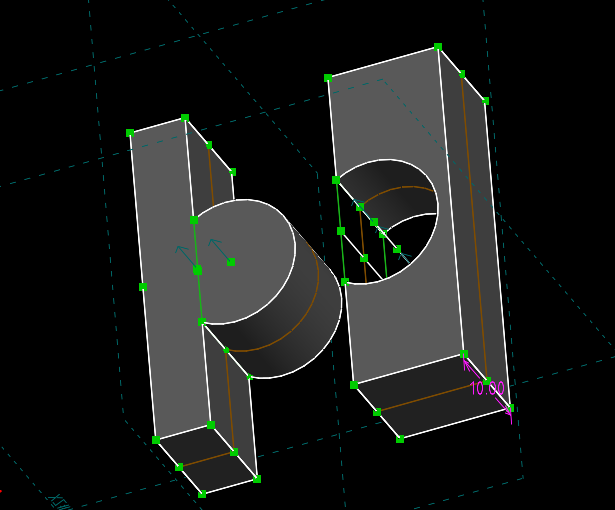
I am providing a 3D modelling and printing service on regional level dedicated for small plastic pieces. I share the knowledge on how to do this in my blog and create inspiring videos. Everyone should be enabled to repair everyday things. You can do also.
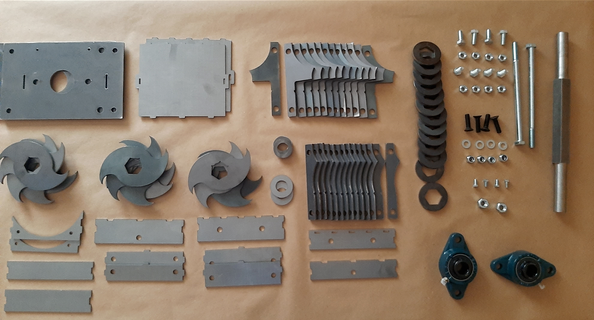
In context of local-recycling, another activity is making new raw materials out of existing plastic trash. I am right now building a little recycling plant at home. It is a low-budget plant. I want to make new filament which I am going to use for 3D printing.
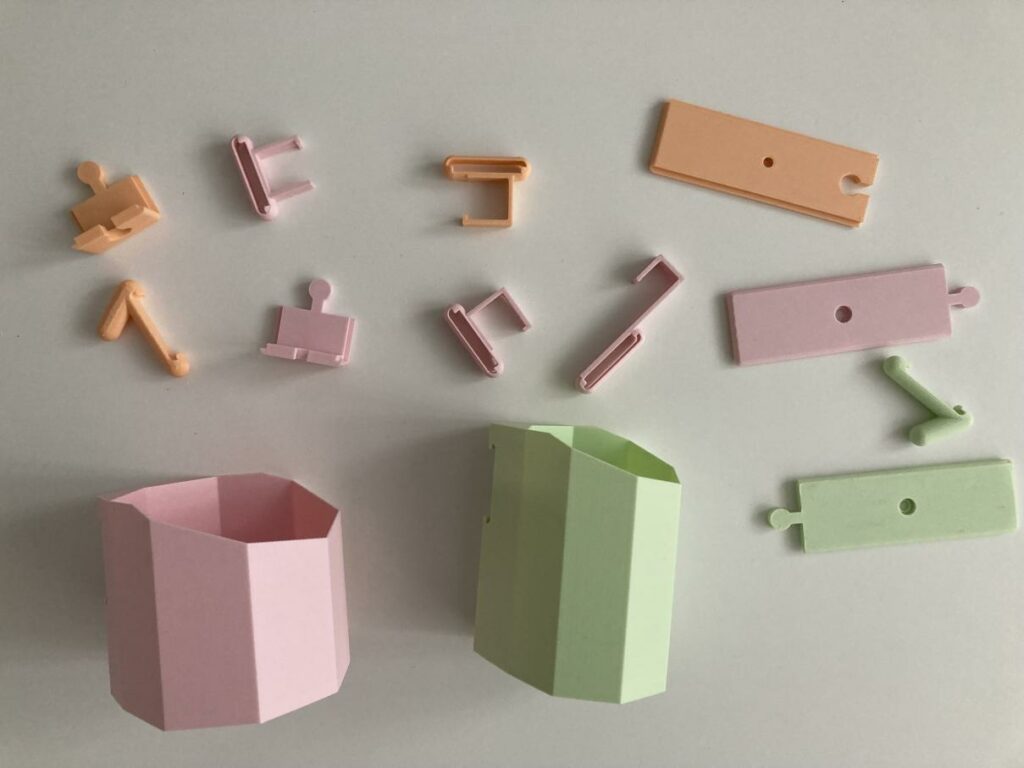
Manufacturing things at home with a 3D printer is such a powerful way to enable self-sufficiency and prevent long supply chains. My goal is enabling local businesses and business models based on local-manufacturing. My vision is that at some point you can connect local 3d printing stores and manufacturers to enable this. It’s a long way ahead, but the first step needs to be taken.
